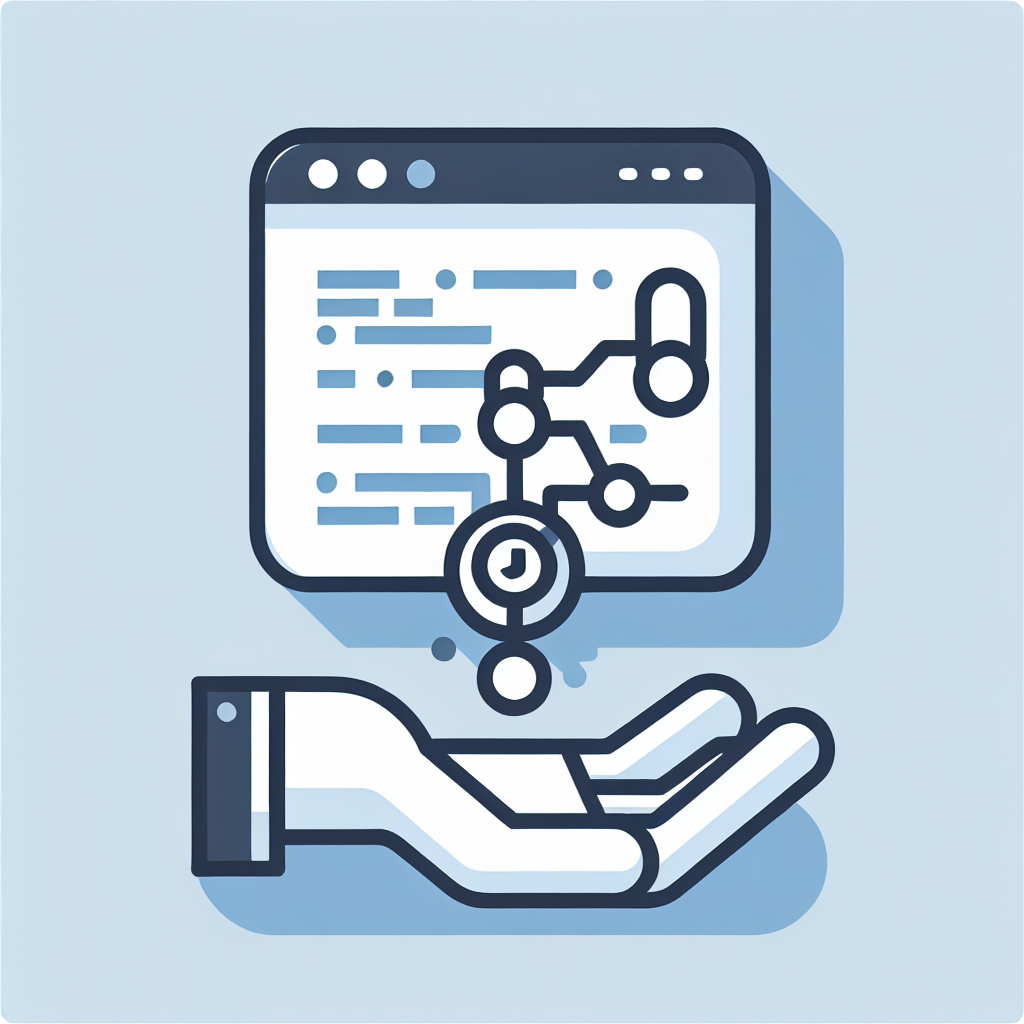Convert Objective-C to Java Easily | Free Online Tool
Effortlessly convert Objective C to Java with our powerful tool. Enhance cross-platform compatibility and streamline your development process today!
Source Code
Converted Code
Output will appear here...
Transform your Objective-C code into Java effortlessly with our Objective C to Java conversion tool. This efficient solution streamlines cross-platform development, ensuring seamless code adaptation and enhanced productivity. Ideal for developers aiming to bridge iOS and Android app development, this tool enhances code compatibility while saving time and reducing errors.

Objective-C to Java Converter Tool Link to this section #
Easily transition your codebase from Objective-C to Java with our powerful conversion tool. This solution is designed for developers seeking efficiency and accuracy in migrating their projects between these programming languages.
Key Features Link to this section #
- Automated Conversion: Effortlessly transform your Objective-C code to Java with just a few clicks, saving valuable development time.
- Accurate Syntax Translation: Ensures precise translation of syntax and semantics, maintaining the integrity of your original code.
- Preserves Code Structure: Retains the structural elements of your code, such as loops and conditionals, for seamless integration.
Benefits Link to this section #
- Enhanced Productivity: Focus on enhancing your application instead of getting bogged down in manual code conversion.
- Interoperability: Facilitates cross-platform development, enabling your Objective-C applications to run on Java platforms.
Code Snippets Link to this section #
Here’s a quick example of how Objective-C code is converted to Java:
Objective-C:
@interface Sample : NSObject
- (void)sayHello;
@end
@implementation Sample
- (void)sayHello {
NSLog(@"Hello, World!");
}
@end
Java:
public class Sample {
public void sayHello() {
System.out.println("Hello, World!");
}
}
How It Works Link to this section #
- Input Your Code: Paste your Objective-C code into our tool.
- Convert: Click 'Convert' to instantly translate your code to Java.
- Review & Refine: Examine the output for any necessary adjustments and optimize as needed.
Additional Resources Link to this section #
- Check out Oracle’s Java Documentation for further insights into Java programming.
- Learn more about Objective-C from Apple's official resources.
Our Objective-C to Java converter tool is meticulously designed to cater to developers aiming to streamline their cross-language development process. Embrace the ease of automatic code conversion to enhance your development workflow.
Frequently Asked Questions
What are the main differences between Objective-C and Java?
Objective-C is a superset of C, primarily used for macOS and iOS app development, featuring dynamic runtime and message passing. Java, on the other hand, is a general-purpose, platform-independent language that relies on bytecode and the Java Virtual Machine (JVM) for execution, making it versatile for web, mobile, and enterprise applications.
How can I convert Objective-C code to Java?
Converting Objective-C code to Java requires a manual process as there is no direct tool for automatic conversion. The process involves understanding the logic and structure of the Objective-C code, then rewriting it in Java, considering the differences in syntax, memory management, and libraries. Tools like J2ObjC can help convert Java to Objective-C, but the reverse requires manual effort.
Is it possible to use Objective-C library in a Java application?
While it's not directly possible to use an Objective-C library in a Java application due to differences in platform and runtime, you can create a bridge using JNI (Java Native Interface) or a C/C++ wrapper that allows Java to interact with native Objective-C code. This approach requires careful handling of data types and memory management to ensure compatibility and stability.